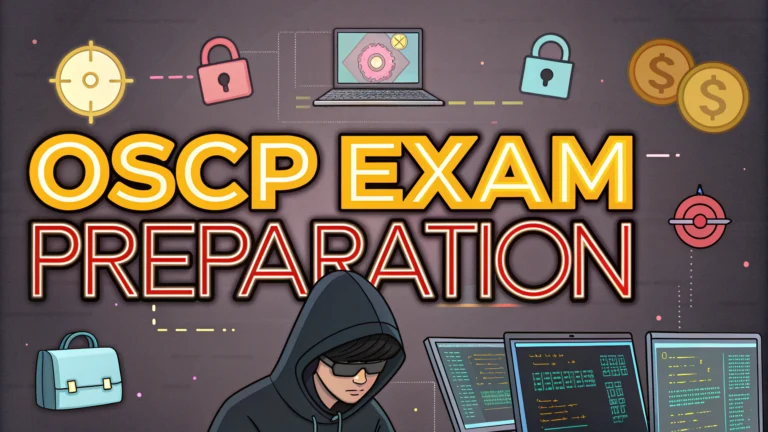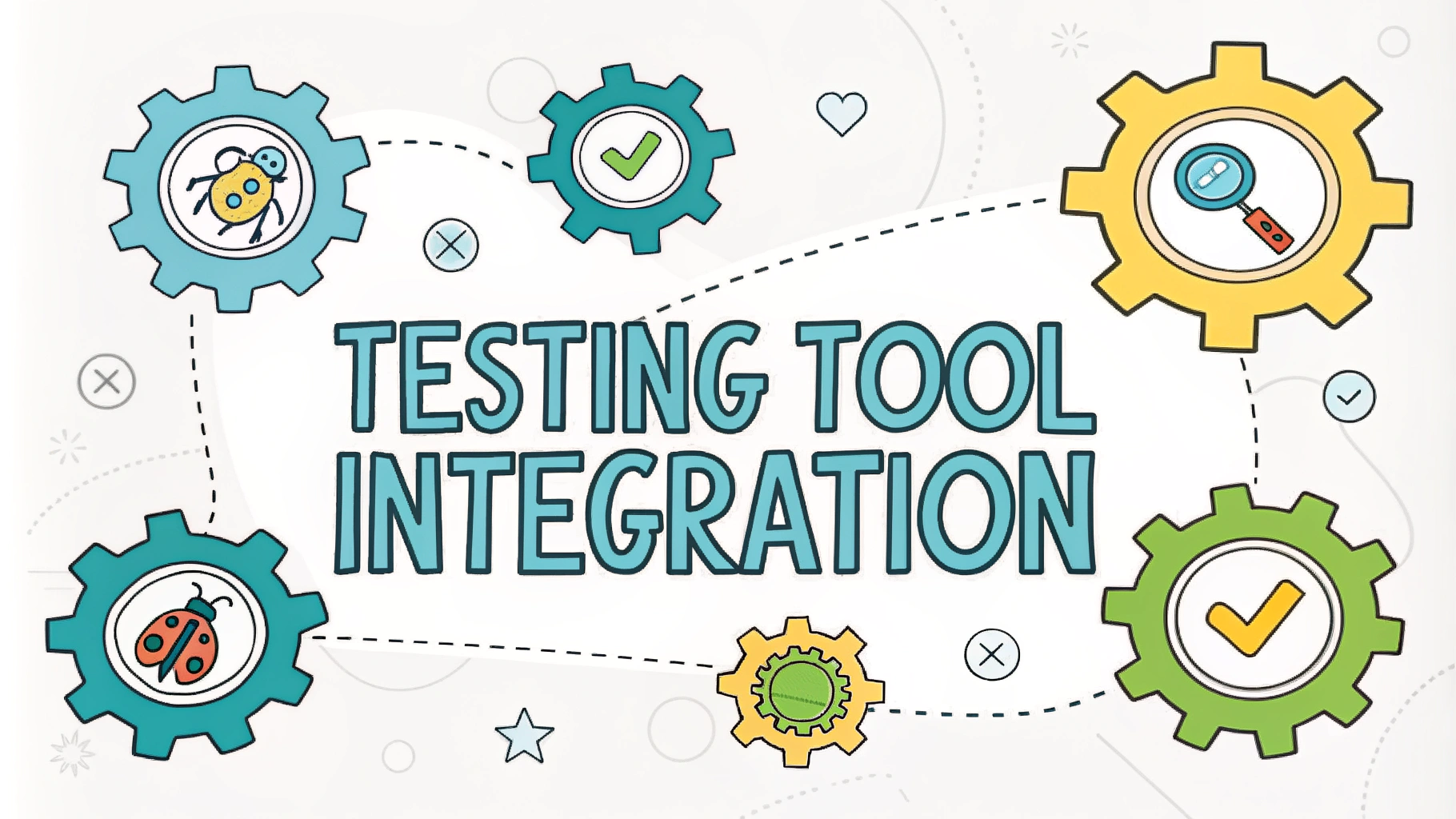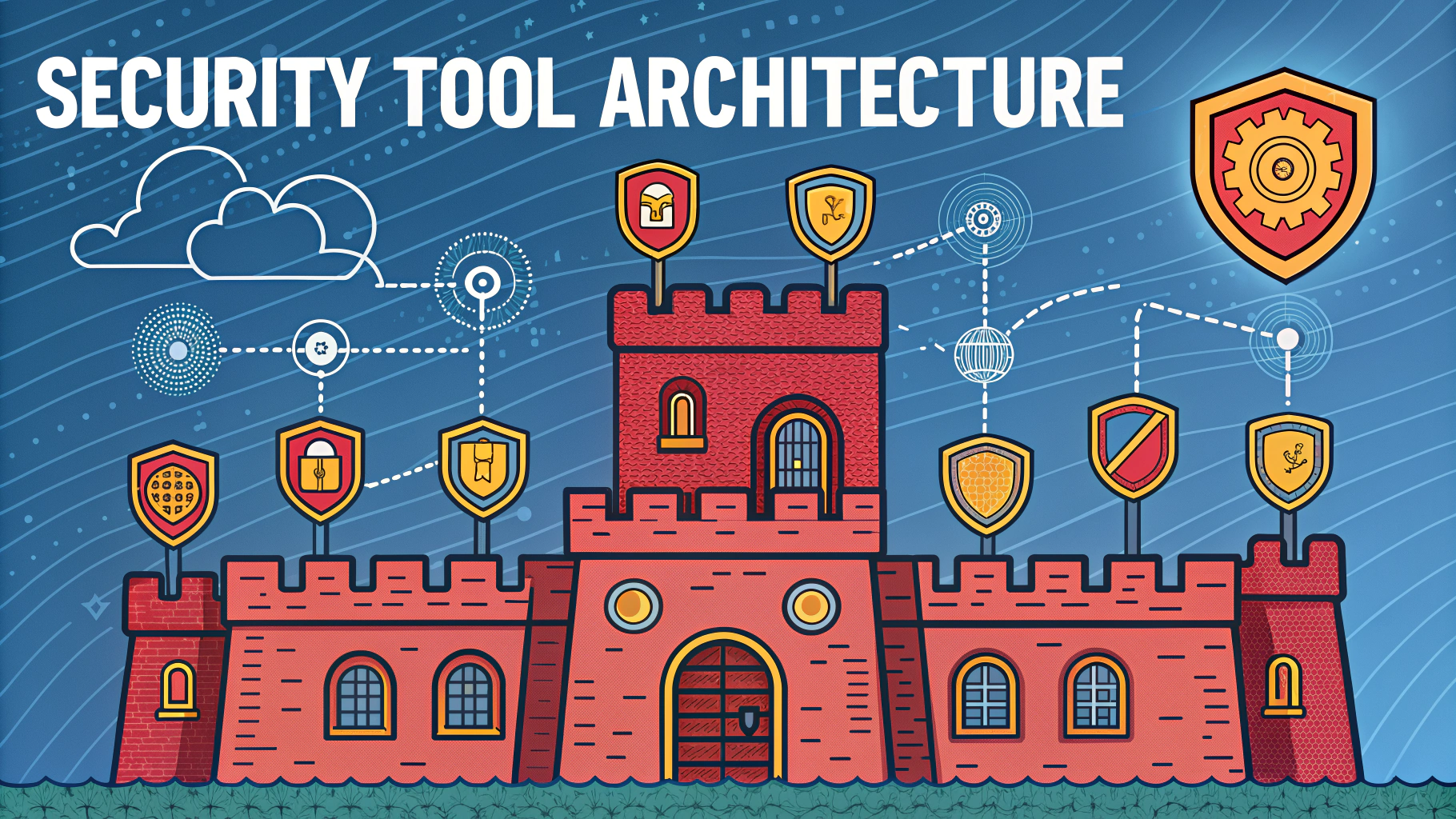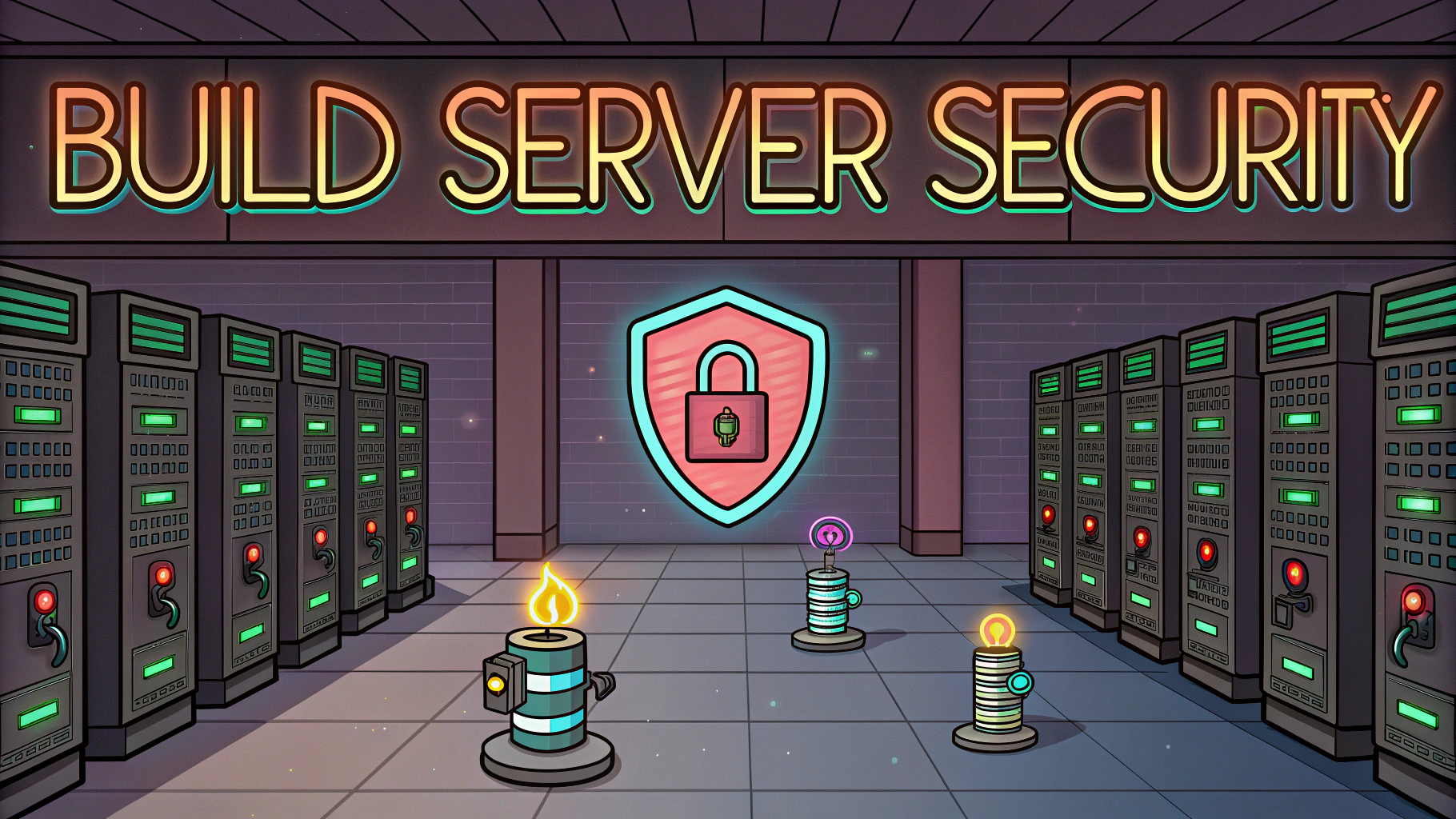The OSCP certification stands as one of the most respected penetration testing certifications in cybersecurity, requiring hands-on skills to identify and exploit vulnerabilities.
Passing the OSCP exam demands extensive preparation, practical experience, and a methodical approach to penetration testing across various platforms and technologies.
This guide outlines effective strategies and resources to prepare for the OSCP examination, focusing on both technical skills and exam-specific requirements.
Key Exam Components
- 24-hour practical exam covering multiple target machines
- Technical report submission within 24 hours after exam completion
- 70 points required to pass
- No Metasploit restrictions on one machine only
Essential Technical Skills
- Linux Command Line: Bash scripting, file manipulation, service management
- Windows Administration: PowerShell, CMD, service configuration
- Networking: TCP/IP, common protocols, network troubleshooting
- Programming: Python, Bash, Pearl for exploit modification
Practice Environments
| Platform | Description | Cost |
|---|---|---|
| HackTheBox | Various difficulty machines, active community | $20/month |
| VulnHub | Free downloadable vulnerable VMs | Free |
| TryHackMe | Guided learning paths, structured content | $10/month |
Study Strategy
- Complete all PWK course exercises
- Practice buffer overflow exercises repeatedly
- Document all techniques in personal notes
- Build a custom exploitation toolkit
- Practice report writing for each lab machine
Time Management Tips
Allocate 4 hours maximum per machine before moving to the next target.
Schedule regular breaks to maintain mental clarity during the exam.
Keep detailed notes during enumeration to avoid repeating steps.
Recommended Tools
- Information Gathering: Nmap, Gobuster, Nikto
- Exploitation: Burp Suite, SQLmap, MSFvenom
- Privilege Escalation: LinPEAS, WinPEAS, PowerUp
- Documentation: CherryTree, OneNote, KeepNote
Success Strategies
- Follow a systematic methodology for each target
- Take detailed screenshots for report documentation
- Maintain multiple attack vectors simultaneously
- Test exploits in lab environments before exam deployment
Moving Forward
Success in the OSCP exam requires dedication, practice, and methodical approach to penetration testing.
Join the OSCP Discord community for peer support and resources: https://discord.gg/oscp.
Contact Offensive Security support for exam-specific questions: https://help.offensive-security.com.
Advanced Preparation Techniques
- Create custom wordlists for directory brute-forcing
- Develop automated enumeration scripts
- Practice privilege escalation on various OS versions
- Master manual exploitation techniques
Common Pitfalls to Avoid
- Over-reliance on automated tools
- Insufficient enumeration before exploitation
- Poor time management during exam
- Inadequate documentation during testing
Report Writing Guidelines
Essential Components
- Executive Summary
- Methodology Documentation
- Detailed Steps with Screenshots
- Proof of Exploitation
Best Practices
- Use clear, professional language
- Include step-by-step reproduction steps
- Maintain consistent formatting
- Verify all screenshots are readable
Mastering the OSCP Journey
The OSCP certification represents more than technical knowledge—it validates a mindset of persistence and methodical problem-solving. Success requires combining practical skills with systematic approaches to penetration testing.
Remember the unofficial OSCP motto: “Try Harder” – it emphasizes the persistence and dedication needed throughout your certification journey.
Stay updated with the latest security techniques through continuous learning and practice, even after certification completion. The skills developed during OSCP preparation form the foundation for advanced penetration testing careers.
FAQs
- What is the OSCP exam format and duration?
The OSCP exam is a 24-hour practical exam followed by 24 hours for report writing. It consists of multiple target machines in a isolated lab environment that must be compromised through hands-on penetration testing. - What tools are allowed during the OSCP exam?
Metasploit Framework usage is restricted to one target machine only. Commercial automated exploitation tools and auto-rooters are prohibited. Common tools like Nmap, Burp Suite, Wireshark, John the Ripper, and custom scripts are allowed. - What is the passing score requirement for OSCP?
Candidates need to score at least 70 points out of 100 possible points to pass. Points are awarded based on successful machine compromises and proper documentation in the penetration test report. - How long should I prepare before taking the OSCP exam?
Most successful candidates spend 3-6 months of dedicated preparation, including PWK course materials and labs, CTF challenges, and additional practice on platforms like HackTheBox and VulnHub. - What skills are essential for the OSCP exam?
Key skills include manual enumeration, buffer overflow exploitation, web application testing, privilege escalation on Windows and Linux, password cracking, and thorough documentation abilities. - Is programming knowledge required for OSCP?
Basic scripting knowledge in Python or Bash is highly recommended. Understanding how to modify existing exploits and write simple automation scripts can be crucial during the exam. - What should be included in the OSCP exam report?
The report must include detailed methodology, tools used, vulnerabilities found, exploitation process, screenshots as proof, and step-by-step reproduction steps for each compromised machine. - How many attempts are allowed for the OSCP exam?
There is no limit to the number of exam attempts. However, candidates must wait 24 hours between failed attempts and must purchase a new exam attempt each time. - What is the Try Harder methodology in OSCP?
Try Harder is Offensive Security’s philosophy emphasizing thorough enumeration, manual testing, understanding of concepts rather than tool reliance, and persistence in problem-solving. - Are there prerequisites for taking the OSCP exam?
While there are no mandatory prerequisites, strong knowledge of networking, Linux, Windows, and basic security concepts is essential. Familiarity with TCP/IP and common network services is crucial.







